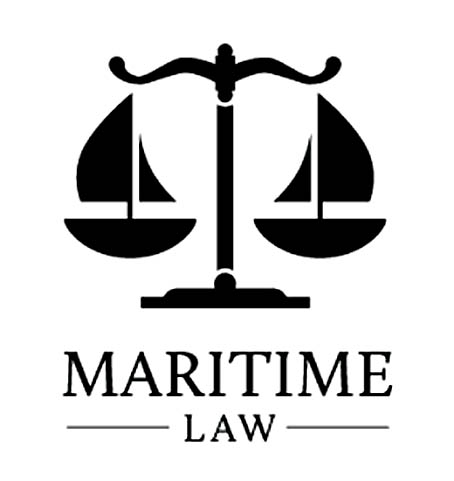The business of determining damages in a dispute can be quick and straightforward, or it can be a long, drawn-out process. It all depends on the expectations of the parties when they come to the table. This subject brings to mind a funny cartoon behind the counter of a marine supply store. It was definitely a store with a sense of humor, where the manager had probably grown tired of disputes over returned merchandise.

The cartoon showed a displeased customer returning an item. With his half-rimmed reading glasses pulled low on his nose to look up at the customer, the tired store manager said, “Sir, how about we give you a full refund, let you keep the item, write you a letter of apology, yell at the staff for not preventing this, give you a gift certificate, and pay for your time and travel here… would that seem fair?” Obviously, the setting was meant to be satirical. But the absurdity aside, it hit upon this business of determining damages in actual legal disputes.
One of the fundamental forms of damages in lawsuits is compensatory damages. As the name suggests, these damages are intended to make the claimant “whole” for the loss they suffered. They arise in many types of lawsuits, from marine injury cases to shipyard contract disputes. Maybe for now, it could be best to leave maritime injury damages for another day. Damages in Jones Act seaman’s injuries and boating accident cases cover a wide range of elements, including medical expenses, lost wages, future medical care, pain and suffering, emotional distress, and more.
Limiting our discussion of damages to non-injury disputes, compensatory damages are intended to place the claimant in a position they would have been in without the mess. This could be simple in nature. In a friendly Wednesday night race in light air, the owner of a sailboat gives the helm to a novice who miscalculates the distance to another boat in rounding a buoy. The boats make contact at near standstill speeds, resulting in one vessel’s rub rail scuffing the topside of the other. In an amicable agreement, compensatory damages are set at $150 to reflect a few hours with a buffer and touch-up paint.
When the stakes are higher, determining damages becomes more complex. To illustrate, there was a lawsuit stemming from an overhaul of a set of Caterpillar 3304 gensets on a 153-foot yacht. These are 7.0-liter turbocharged units that come in a straight-four configuration. To give an idea of their size, each engine is around eight feet long, weighing in at around 3,000 lbs.
When the $15,000 overhaul was completed, the yacht owner presented a list of damages, asserting that parts were not assembled according to specification, there was improper sealing in cylinder head gaskets, cast iron filings were found between journal and bearing surfaces, and that the engines were not cleaned properly after repair.
Added to these compensatory damages was a list of consequential damages. Consequential damages include losses or expenses that would be foreseeable as a result of the central damages arising in the matter. Here, the owner of the yacht claimed consequential damages for crew time, travel expenses, replacement of oil, dockage, electricity, and clean-up. (Aviva Ltd v. Carter Machinery Co., Civil Action 6:1 1-cv-00030, U.S. District Court for the Western District of Virginia, Lynchburg Division). The burden of showing the validity of consequential damages rests upon the claimant.
Another form of damages can include damages that the parties agree to beforehand. These are known as liquidated damages. In a setting where a party has acted outrageously, with conduct that would be found unacceptable by most people, a court could also impose punitive damages. Some forms of damages are imposed by statute, such as certain consumer laws. However, for the most part, courts need to see something egregious to impose punitive damages. They do not usually arise in commercial settings. And even in non-commercial settings, many courts are not liberal in granting them.
While contract law in general is concerned with the fundamental goal of making parties whole for their losses, an underlying philosophy is also to preserve commerce. And speaking of commerce, please keep our local businesses in mind when shopping. Although the pandemic might be in the rear-view mirror for now, it’s important to continue supporting our region’s brick-and-mortar businesses, even if something is a dollar cheaper online.
Best wishes for a safe and happy Fourth of July weekend!
Tim is a NY-based maritime attorney and has taught law at SUNY Maritime College. Erol is a graduate of CUNY School of Law and Farmingdale State College.
